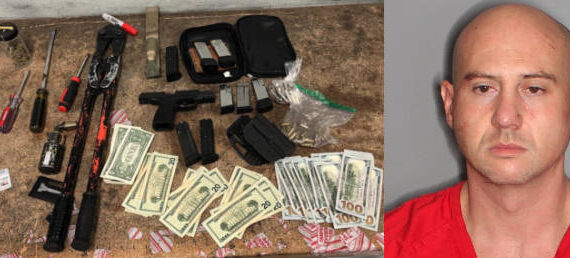At press time, the Secretary of State’s office had certified just one initiative for the November ballot—I-1100, which seeks to privatize liquor sales in Washington. In the coming days, state staffers will spot-check petitions and then likely certify five more (including a second, competing liquor bill).
But one of the most popular measures, the marijuana-legalization initiative, or I-1068, is not among them. I-1068 organizers threw in the towel July 1, a day before the deadline to submit signatures, saying they had fallen about 40,000 to 50,000 names short of the 241,000 minimum needed.
Yet the failure of I-1068 may have nothing to do with how many people actually signed up to put it on the ballot.
As we reported last month [“Pot: The Gateway Petition,” June 30], the legalization measure was frequently used by professional signature-gatherers working for other campaigns as a come-on to get people to stop. But while other initiative-backers were paying signature-gatherers as much as $3 per name, the pot campaign had no such money to offer. Which means that even though they filled up petitions, the signature-gatherers had no incentive to turn those petitions in to I-1068 organizers—no financial one, at least.
Longtime political consultant Cindi Laws, who did some work on I-1068, thinks there are plenty of signatures out there—and plenty of people who thought they were helping the measure get on the ballot—who were never seen or heard.
“Wherever I went in the state,” Laws tells the Weekly, “I saw packs of paid signature-gatherers, all with I-1068 at the top of their piles…After working on more than a dozen initiative campaigns, I’ve never witnessed an easier signature to get. I have no doubt that I-1068 had enough signatures gathered; but bounty hunters want to be paid, even when they made bank on the backs of I-1068.” MARK D. FEFER







